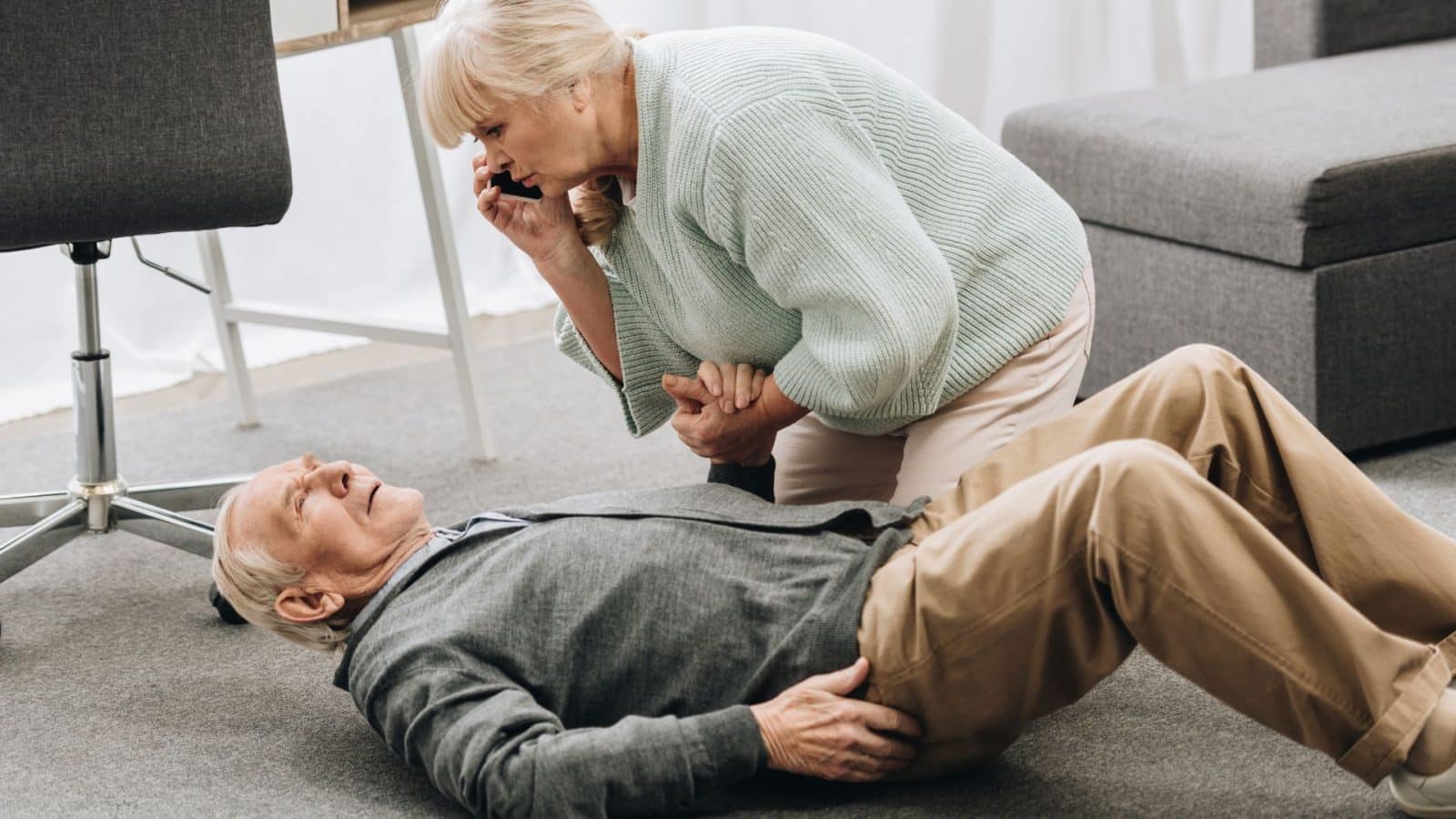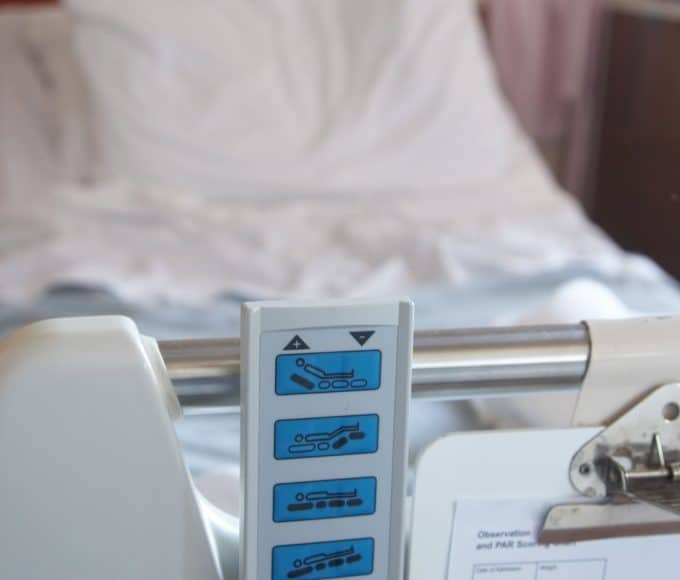When a crisis strikes, the human brain often defaults to panic mode. Your heart races, your thoughts scatter, and precious seconds tick away while you struggle to process what’s happening. Learning how to stay calm and act fast in emergencies can be the fine line between a manageable situation and a tragic outcome. The good news is that emergency preparedness isn’t just for first responders; anyone can develop the skills to respond effectively when it matters most.
Training Your Mind for Crisis Response
Your brain needs practice switching from everyday thinking to crisis mode, much like muscle memory develops through repetition. Visualization exercises can help bridge this gap. When you’ve already “experienced” a house fire or medical emergency in your mind, your actual response becomes more instinctive and less overwhelming. This mental training helps you bypass the initial shock phase that often paralyzes people during their first moments of crisis.
Recognizing Critical Warning Signs
Your ability to spot warning signs quickly determines how much time you have to respond effectively. Environmental cues often provide the first hints that something is wrong, such as unusual sounds, smells, or visual changes that don’t belong in your normal surroundings.
Medical emergencies require particularly keen observation skills. Recognizing the symptoms of cardiac arrest and heart attack becomes crucial when every minute counts toward saving a life. Chest pain, shortness of breath, and sudden collapse are obvious indicators, but subtler signs like unusual fatigue, nausea, or arm pain can also signal serious cardiac events.
Taking Decisive Action Under Pressure
Once you’ve recognized an emergency, action must follow immediately. Hesitation costs valuable time, but reckless action can worsen the situation.
Start with a scene safety assessment. Rushing into danger helps no one and often creates additional victims requiring rescue. Once you’ve confirmed relative safety, prioritize your actions based on immediate life threats. Breathing problems take precedence over bleeding, which takes precedence over broken bones. This triage mentality helps you focus on what matters most when everything seems urgent.
Building Your Emergency Toolkit
Preparation amplifies your ability to respond effectively. Basic first aid training should be mandatory for every adult. CPR certification, wound care techniques, and emergency medication administration can save lives while professional help is en route.
Communication plans also keep families connected during emergencies. Establish meeting points, emergency contacts, and communication methods that work even when cell towers fail. Simple preparations like keeping emergency supplies in accessible locations and maintaining working flashlights can prevent minor inconveniences from becoming major problems.
Turning Crisis into Confidence
Recovery begins the moment immediate danger passes. Processing what happened, what worked well, and what could improve helps you grow stronger for next time. Learning how to stay calm and act fast in emergencies isn’t a one-time achievement; it’s an ongoing development of skills and confidence that serves you throughout life. When you train your mind and body to respond effectively under pressure, you become a source of stability for others when they need it most.
Recommended reading: First Aid Treatment for Common Injuries














